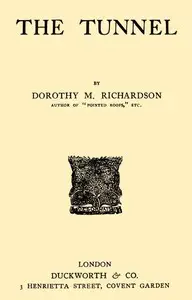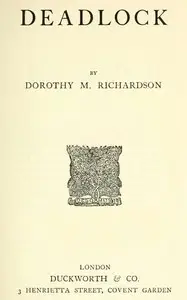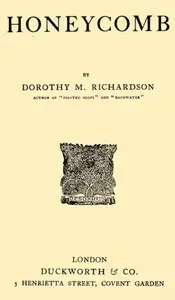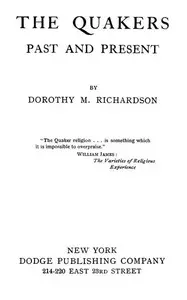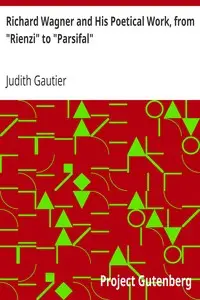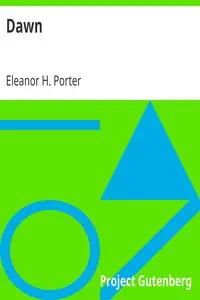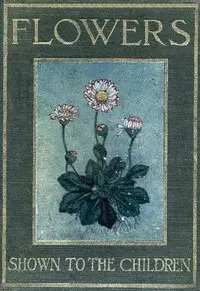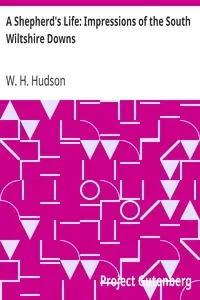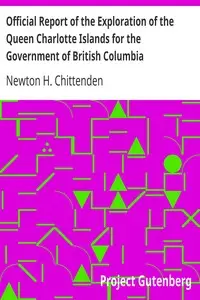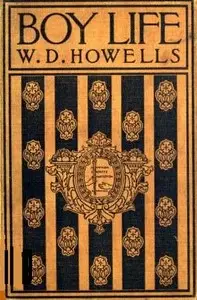"Revolving Lights: Pilgrimage, Volume 7" by Dorothy M. Richardson is a novel written in the early 20th century. This work is part of a larger series that examines the intricate inner life of its central character, Miriam, who navigates her thoughts, perceptions, and societal experiences within a world increasingly influenced by changes in class and ideology. The narrative delves deeply into themes of identity, feminism, and the contrast between personal introspection and external societal expectations. The opening portion of the book introduces readers to Miriam as she contemplates her place within various social environments of early 20th-century London. She reflects on the overwhelming complexity of these social constructs, feeling a profound sense of isolation as she traverses different societal roles, from being surrounded by socialists to engaging with the ideals of Unitarian literature. Through rich and vivid imagery, the text captures her internal dialogues and observations of humanity, highlighting her longing for connection while also grappling with her sense of individuality and the burdens of expectation imposed by society and her heritage. This layered exploration provides a foundation for the larger themes that will unfold throughout Miriam's journey. (This is an automatically generated summary.)
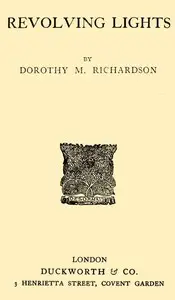
Revolving Lights: Pilgrimage, Volume 7
By Dorothy M. (Dorothy Miller) Richardson
"Revolving Lights: Pilgrimage, Volume 7" by Dorothy M. Richardson is a novel written in the early 20th century. This work is part of a larger series t...
Dorothy Miller Richardson was a British author and journalist. Author of Pilgrimage, a sequence of 13 semi-autobiographical novels published between 1915 and 1967—though Richardson saw them as chapters of one work—she was one of the earliest modernist novelists to use stream of consciousness as a narrative technique. Richardson also emphasises in Pilgrimage the importance and distinct nature of female experiences. The title Pilgrimage alludes not only to "the journey of the artist ... to self-realisation but, more practically, to the discovery of a unique creative form and expression".

